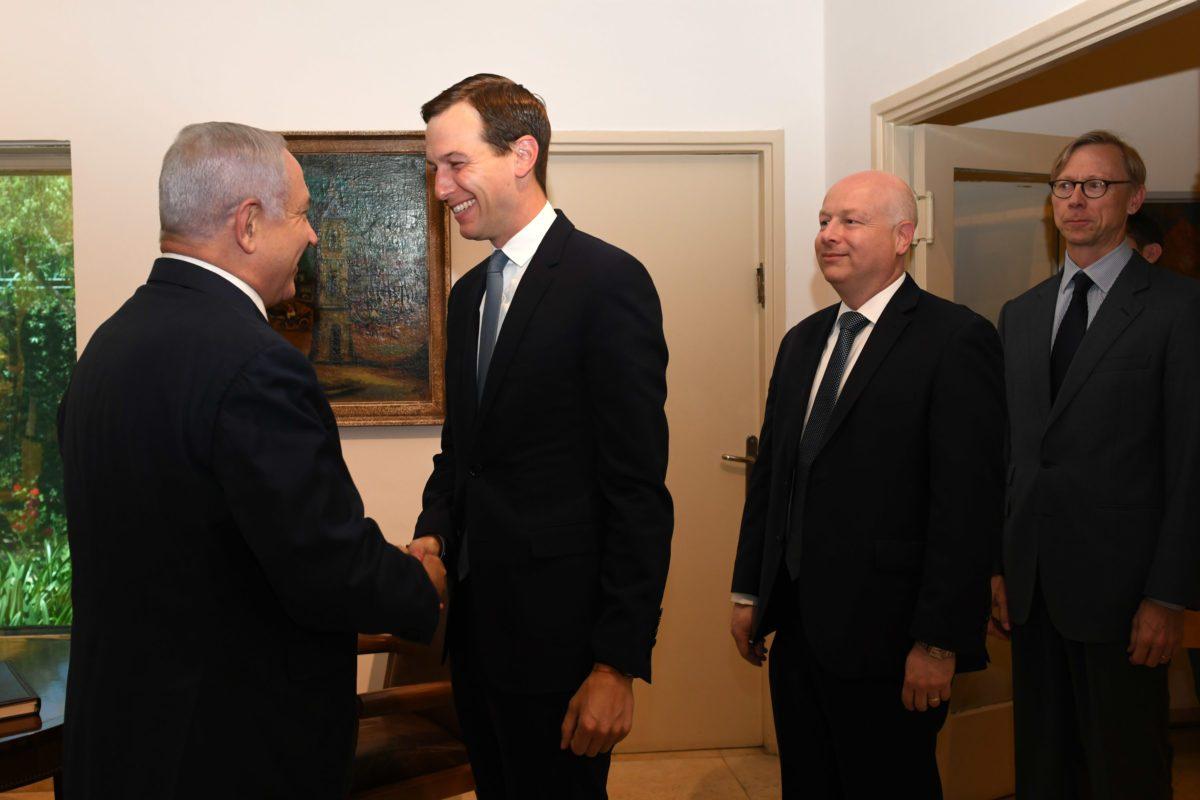Forced postponement of the deal of the century

It seems that the deal of the century’s godfather, Jared Kushner, advisor to US President Donald Trump, is convinced that it is possible to proceed with the deal despite the obstacles hindering it
Bahrain is still due to host a conference in two weeks (25-26 June), a conference that is supposed to launch the economic aspect of the deal. Kushner is also promoting the deal to concerned international parties supporting and sponsoring the deal, as if the path to the deal is clear. However, this optimism is not based on any real facts that indicate the approach of implementing the deal, let alone its success. The situation in the region is suffering from fragility and a sensitive balance that can collapse at any moment, especially since it is complicated and connected, either by influential players in the region, such as Iran, or due to geostrategic connections, such as the Syrian, Lebanese and Iraqi issues. The situation is the same with Yemen, the Gulf, the Horn of Africa and the Red Sea.
Washington tried to calm the situation and made additional efforts to avoid the mines hidden on the path of the deal. It pushed strongly for calming the situation in Syria and put pressure on Iran to extract a positive position from it, or at least a neutral one. It also put strong pressure on both parts of the Palestinian side, using financial and economic means to pressure the PA in the West Bank and resorting to bombing and blockade to soften the positions of Hamas in Gaza.
The only direction that the Americans did not make an effort to secure and ensure, was on Israel itself. It seems that Kushner and the godfathers of the deal were overconfident regarding Netanyahu’s internal situation and his ability to win the elections and secure a supportive domestic position that would allow him to engage in the next phase. However, they were surprised to see that Netanyahu came out of the elections as neither a winner nor a loser, which is a confusing and inconclusive result. It opens the door to many possibilities, not only inside Israel, but also in the entire region.
Basically, they cannot think about doing anything before October, as Israel will hold elections in mid-September and forming the government will take days if not weeks. This is assuming Netanyahu succeeds this time in securing a sufficient majority to implement the deal, without the need for alliances that would restrict him. Once Israel completes the elections and government formation phase, the US will begin the year of presidential elections, which marks the official beginning of the election campaigns and official and media focus on domestic issues that represent the essence and core of the elections. These issues are the focus of American voters’ concerns, while foreign affairs are put on the back burner.
American presidential candidates usually avoid focusing on foreign issues, not only because voters are not as interested in them, but also out of fear that competitors will manipulate and exploit their developments. this is especially because many official American positions are not convincing to voters, especially regarding the Middle East, as Americans do not know much about it. Lobbies and interest groups close to Israel play a malicious role in blackmailing all of the candidates competing for the White House. This limits many of the manoeuvring opportunities for candidates both inside and outside of the White House.
Hence, there is no real chance of moving forward with major regional arrangements before the American elections. This means that the deal of the century will be postponed for at least a year and a half, assuming that the results of the Israeli elections are conducive to the implementation of the plan. This will remain to be seen as the Israeli society is leaning towards the right; in light of the growing power of coalitions consisting of religious forces and right-wing parties. Moreover, the American approach to preparing for the deal focused on exhausting the region in order to force it to accept the deal, as well as additional arrangements to get out of the current situation. This situation is incoherent and likely to collapse, and perhaps even explode due to a spark here or a mistake there.
This article first appeared in Arabic in Al-Araby Al-Jadded on 10 June 2019
The views expressed in this article belong to the author and do not necessarily reflect the editorial policy of Middle East Monitor.
Source: Middle East Monitor

WRITE YOUR COMMENT